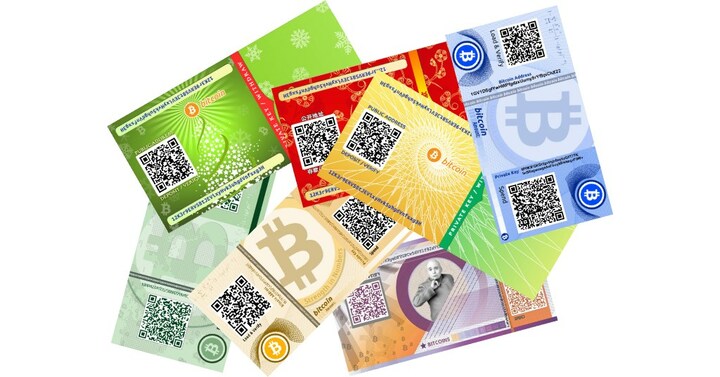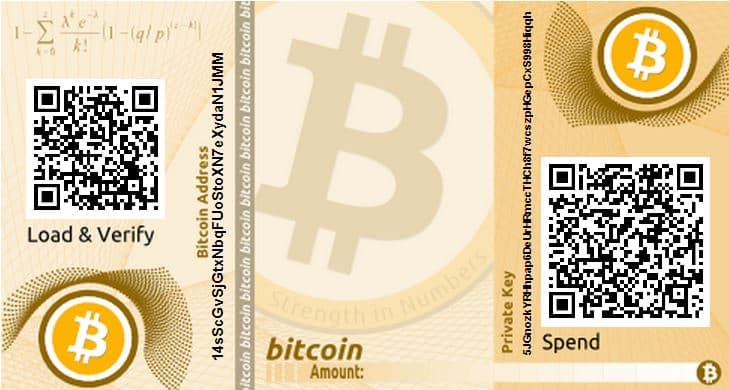The Energy of Tangibility: Understanding Paper Wallets
The Energy of Tangibility: Understanding Paper Wallets
Blog Article
With the constantly evolving world of Paper Wallet, security remains a paramount concern for users and investors alike. In the myriad of possibilities that are available to store Paper Wallet, paper wallets are a simple and secure method. Paper Wallets are Paper Wallet is essentially a physical document that holds all details needed to open and keep track of Paper Wallet funds offline. Even with the advent of electronic physical wallets and other hardware options, paper wallets continue to be popular due to their simplicity and security against hacking.
One of the major advantages of paper wallets is that Paper Wallet is its offline nature, which greatly decreases the danger of cyberattacks or unauthorized access. Contrary to online wallets that can be susceptible to hacking and scams involving phishing, a paper wallet only exists in physical form. This makes it safe from threats that are remote. By generating and storing private keys offline, users can protect the security of their Paper Wallet holdings against digital intruders, providing the security they need in a rapidly changing world.
One of the main benefits for a Paper Wallet is its enhanced security. Since the private key exists only as a physical object and doesn't reside on any electronic device, it's not susceptible to online theft and hacking. The offline storage technique significantly decreases the likelihood of having unauthorized access to your money. Moreover, paper wallets are not susceptible to malicious software, or vulnerabilities which are frequently exploited by cybercriminals. If the paper containing your keys is kept free from physical hazards like fire, water damage, or theft, your Paper Wallets remain secure.
However, it's essential to understand that, while Paper Wallets offer robust security but they come with the potential for risk. The most significant risk is the potential loss of the paper containing your keys. As opposed to digital wallets in which they can retrieve funds through a backup key phrase if you lose your paper wallet, or if it becomes damaged, you are not able to retrieve your Paper Wallets. This makes the process of creating and storing Paper wallets a delicate balance between security and responsibility. Users must take extra precautions to safeguard their paper wallets from loss or destruction. To receive extra information please find this
A different aspect to consider when choosing an Paper Wallet is the need to store your money in a secure manner. Contrary to digital wallets, which can be accessed from anywhere through the internet, paper wallets require physical access in order to transfer money. This limitation can be both a strength and a weakness in that it provides secure offline access, however it requires meticulous planning and organization. Users must keep track of their paper wallets and ensure that they're accessible whenever needed but without risking their security.
Even with these shortcomings, Paper Wallets remain a viable storage option for those prioritizing security and storage for the long term. They offer an offline, unhackable storage solution that is resistant to cyber-attacks. It is important to handle paper wallets with care and caution. Users must take responsibility for protecting their wallets with paper and make sure they've backups in the event of loss or damage. Through understanding the risk and implementing proper security measures the public can use Paper Wallets as a secure way to store their digital assets.